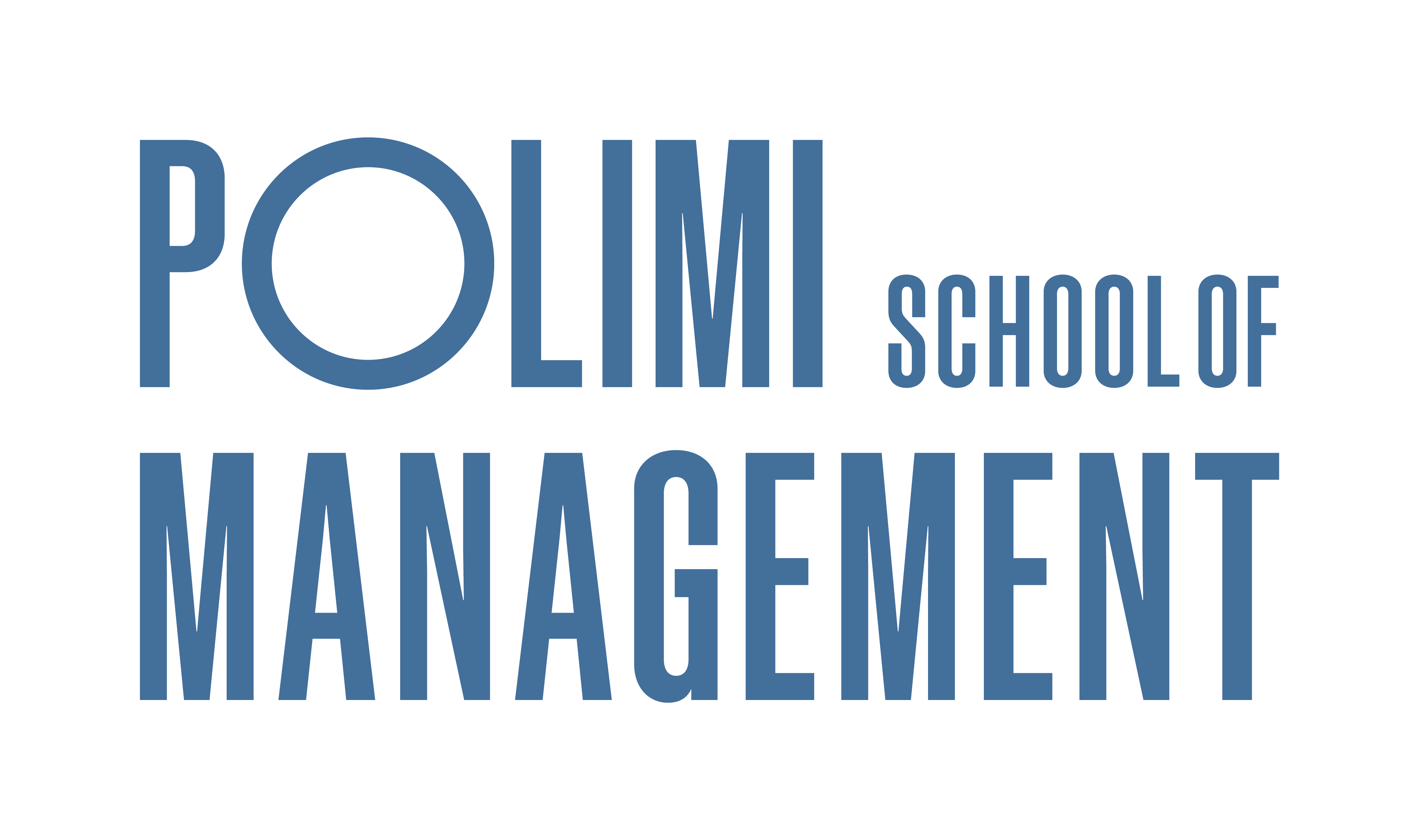DO Impact – Digital and Data-Driven Opportunities to strengthen the Social Economy Impact
Do Impact represents a significant step toward enabling PSE SMEs to embrace the digital era, fostering resilience, sustainability, and impactful innovation.
SEED – Social innovation Ecosystem Development. Competence centres for social innovation
The specific challenge of SEED is to stimulate and support the establishment of four Social Innovation Competence Centers in Italy, Greece, Romania and Slovenia. Researchers, practitioners, policy-makers and civil servants will work together to create public and open infrastructures capable of assisting national European Social Fund (ESF) managerial authorities to better imply the ESF+ funds for the mainstream of SI as a Public Sector Innovation approach to societal challenges. The ultimate scope of SEED is to prepare such an environment that related actions in the field of social innovation under the next ESF+ programme are established and developed more robustly, and their potential can be fully exploited at a national and european level.
SER: Maximising social impact and boosting clean energy investments in the non-profit sector
Social Energy Renovations (SER) project stimulates sustainable renovation in the third sector.
“Blockchains for social good” EIC Horizon Prize
The specific challenge of SEED is to stimulate and support the establishment of four Social Innovation Competence Centers in Italy, Greece, Romania and Slovenia. Researchers, practitioners, policy-makers and civil servants will work together to create public and open infrastructures capable of assisting national European Social Fund (ESF) managerial authorities to better imply the ESF+ funds for the mainstream of SI as a Public Sector Innovation approach to societal challenges. The ultimate scope of SEED is to prepare such an environment that related actions in the field of social innovation under the next ESF+ programme are established and developed more robustly, and their potential can be fully exploited at a national and european level.
LEAP_RE: Long-Term Joint European Union – African Union Research and Innovation Partnership on Renewable Energy
83 research partners in Europe and Africa supporting innovation and building renewable energy solutions together.
OECD: Social Impact measurement for the Social and Solidarity Economy
The consortium involves 20 to 30 leading social entrepreneurs, investors, experts and governments representatives from the countries concerned by the project (United States of America, Canada, Mexico, Brazil, and India and other five European countries: France, Spain, Italy, Germany and Belgium) in the Peer-learning experience on social impact measurement.Social impact measurement is a common stake worldwide since there is a wide range of methodologies
Benefits of SOCs in the provision of social services and interventions
Social outcome contracts (SOCs) is a relatively new type of mechanism in public service procurement. It focuses on harnessing the resources of the public, private, philanthropy, and civil society sectors to jointly implement effective interventions in the public domain. This tool should provide potential to modernise public services and European welfare regimes: by encouraging a culture of performance measurement, supporting cross-sector partnerships and allowing new intervention models to be piloted and scaled — thereby fostering learning and social innovation. Nevertheless, little empirical research compares SOC models with traditional financings (TF) mechanisms such as subsidies, grants, fee-for-service contracts, block contracts and in-house delivery.












